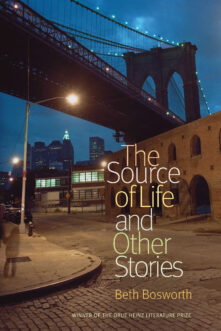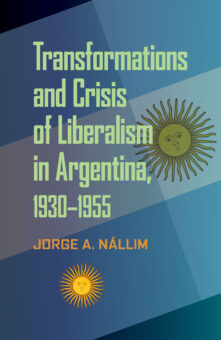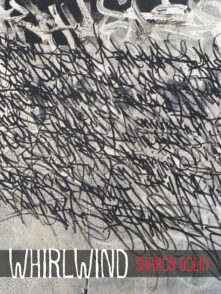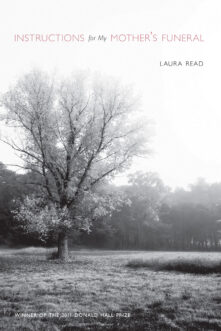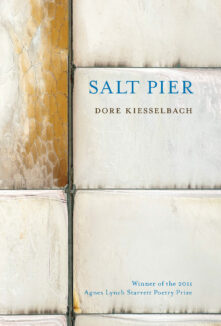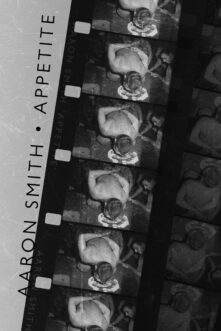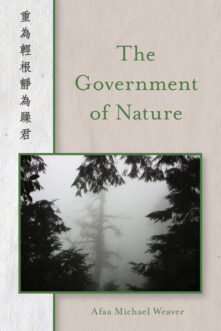Books
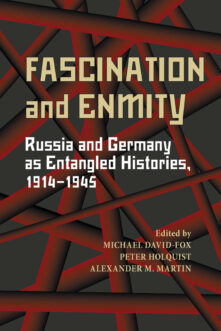
Fascination and Enmity
Russia and Germany as Entangled Histories, 1914–1945
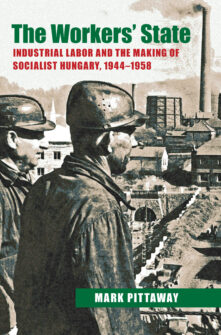
The Workers’ State
Industrial Labor and the Making of Socialist Hungary, 1944–1958
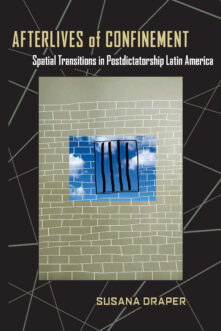
Afterlives of Confinement
Spatial Transitions in Postdictatorship Latin America
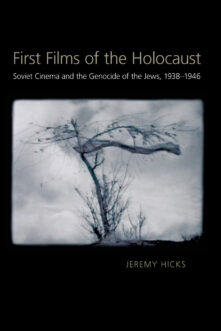
First Films of the Holocaust
Soviet Cinema and the Genocide of the Jews, 1938–1946
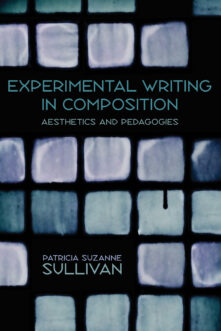
Experimental Writing in Composition
Aesthetics and Pedagogies
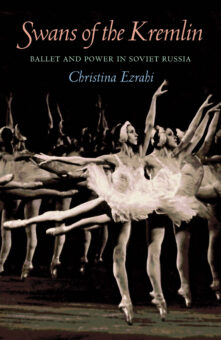
Swans of the Kremlin
Ballet and Power in Soviet Russia
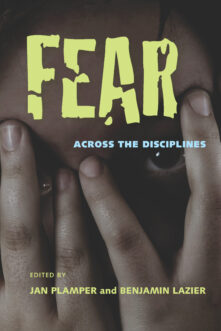
Fear
Across the Disciplines
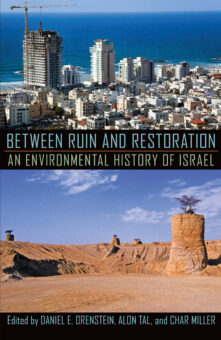
Between Ruin and Restoration
An Environmental History of Israel
Total 1548 results found.


